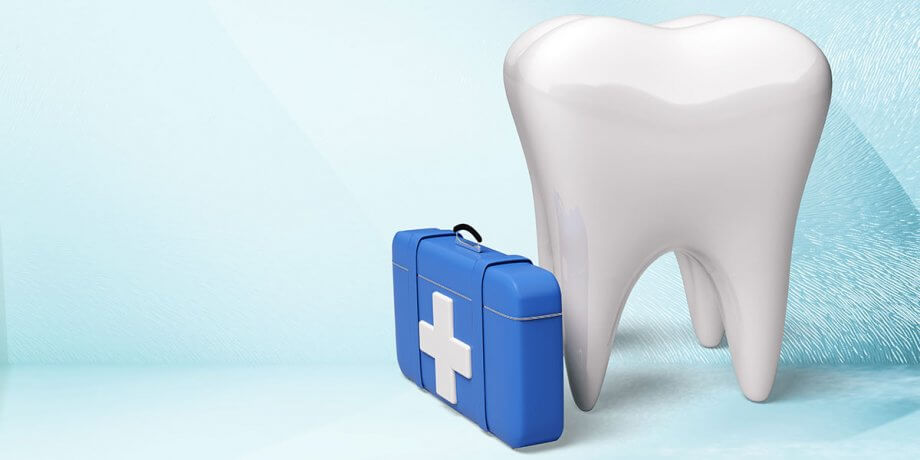Did you know that your oral health offers clues about your overall health — or that problems in your mouth can affect the rest of your body?
What's the connection between oral health and overall health?
Like other areas of the body, your mouth teems with bacteria — mostly harmless. But your mouth is the entry point to your digestive and respiratory tracts, and some of these bacteria can cause disease.
Normally the body's natural defenses and good oral health care, such as daily brushing and flossing, keep bacteria under control. However, without proper oral hygiene, bacteria can reach levels that might lead to oral infections, such as tooth decay and gum disease.
Also, certain medications — such as decongestants, antihistamines, painkillers, diuretics and antidepressants — can reduce saliva flow. Saliva washes away food and neutralizes acids produced by bacteria in the mouth, helping to protect you from microbes that multiply and lead to disease.
Studies suggest that oral bacteria and the inflammation associated with a severe form of gum disease (periodontitis) might play a role in some diseases. And certain diseases, such as diabetes and HIV/AIDS, can lower the body's resistance to infection, making oral health problems more severe.
What conditions can be linked to oral health?
Your oral health might contribute to various diseases and conditions, including:
- Cardiovascular disease. Although the connection is not fully understood, some research suggests that heart disease, clogged arteries and stroke might be linked to the inflammation and infections that oral bacteria can cause.
- Pregnancy and birth complications. Periodontitis has been linked to premature birth and low birth weight.
- Pneumonia. Certain bacteria in your mouth can be pulled into your lungs, causing pneumonia and other respiratory diseases.
Certain conditions also might affect your oral health, including:
- Diabetes. By reducing the body's resistance to infection, diabetes puts your gums at risk. Gum disease appears to be more frequent and severe among people who have diabetes.
Research shows that people who have gum disease have a harder time controlling their blood sugar levels. Regular periodontal care can improve diabetes control. - HIV/AIDS. Oral problems, such as painful mucosal lesions, are common in people who have HIV/AIDS.
- Osteoporosis. This bone-weakening disease is linked with periodontal bone loss and tooth loss. Certain drugs used to treat osteoporosis carry a small risk of damage to the bones of the jaw.
- Alzheimer's disease. Worsening oral health is seen as Alzheimer's disease progresses.
Other conditions that might be linked to oral health include eating disorders, rheumatoid arthritis, certain cancers and an immune system disorder that causes dry mouth (Sjogren's syndrome).
Tell your dentist about the medications you take and about changes in your overall health, especially if you've recently been ill or you have a chronic condition, such as diabetes.
How can I protect my oral health?
To protect your oral health, practice good oral hygiene daily.
- Brush your teeth at least twice a day with a soft-bristled brush using fluoride toothpaste.
- Floss daily.
- Use mouthwash to remove food particles left after brushing and flossing.
- Eat a healthy diet and limit the frequency of consumption of foods with added sugars.
- Replace your toothbrush every three months or sooner if bristles are splayed or worn.
- Schedule regular dental checkups and cleanings.
- Avoid tobacco use.
Remember taking care of your oral health is an investment in your overall health.
Ready to Get Started?
If you’re ready to start your journey to oral health with a trustworthy, full-service dental practice in Farmington, CT, contact Dental Associates today at 860-677-8666 to schedule your first appointment.

